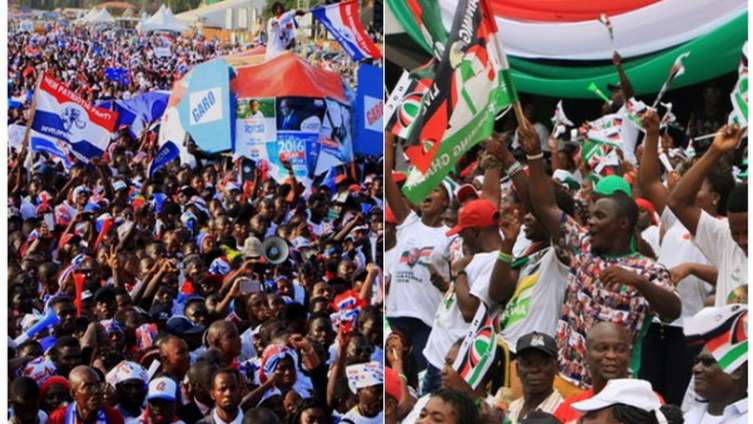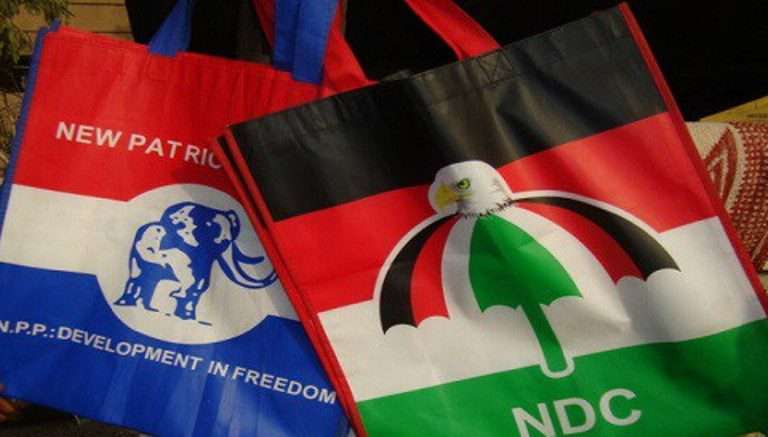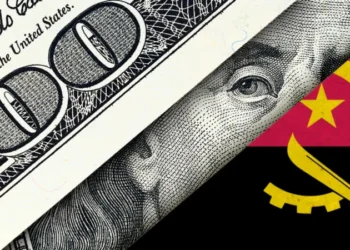The party politics in Ghana is under fire once again—this time from renowned legal scholar and governance advocate, Professor Stephen Kwaku Asare.
In response to a bold critique by Prof. Agyeman Badu Akosa, the former Director-General of the Ghana Health Service, Prof. Asare has offered a scathing diagnosis of the current state of Ghana’s democratic system.
He suggested that the country’s party-based political structure has morphed into a self-serving cartel, far removed from the ideals of good governance and public accountability.
“Prof. Agyeman Badu Akosa, former Director-General of the Ghana Health Service, recently declared that multi-party democracy has done nothing for this country.
“It’s easy to understand his frustration. Party politics, once embraced with hope, has degenerated into a cartel system—where loyalty to party trumps loyalty to country. What began as a promise of pluralism has become a playground for profiteers.”
Professor Stephen Kwaku Asare

Accordingly, Prof. Asare cited the foundational warnings of the National Commission for Democracy (NCD), which foresaw this crisis long before it fully materialized.
He noted that the NCD, in its early assessment of Ghana’s democratic prospects, predicted that political parties could easily morph into “investment vehicles—tools for personal gain rather than national progress.”
He indicated that, however, there was still hope back then—hope that Ghana’s turbulent political history, marred by one-party authoritarianism and bloody coups, would serve as a vaccine against future political rot. “That hope, though noble, underestimated the resilience of opportunism and the fragility of institutional memory.”
Looting Becomes The Norm In Party Politics
Prof. Stephen Asare’s criticism goes beyond institutional failure, highlighting a deeper erosion of moral values.
He argued that political parties have shifted away from being vehicles of democratic engagement, instead evolving into instruments of capture, favoritism, and exploitation.

He also drew attention to how corruption has become normalized, using the popular phrase “Obia boa”, pointing out the extent of societal decay.
What once may have been a cynical remark, he suggested, has now turned into a justification for looting—where misconduct is not only accepted but seen as normal and even reasonable.
The professor believes it is this normalization that makes the current crisis particularly dangerous.
“Looters have become too comfortable, too noisy, and far too arrogant—so much so that they now parade their plunder with impunity, as if daring the nation to care.
“Their audacity insults our collective intelligence, creating the false impression that we are all either complicit or too dazed to resist. We are not stupid. We see through the spectacle. And the time has come to silence the arrogance—not with apathy, but with accountability.”
Professor Stephen Kwaku Asare
A National Crossroads: Action Or Decay
Furthermore, the scholar delivered both a caution and a rallying cry, emphasizing that Ghana faces a pivotal moment.
He believes the country must pause for deep self-reflection. Without urgent efforts to wrest control from political profiteers, prioritize competence over mediocrity, and hold leaders accountable regardless of party, he cautioned that the nation risks repeating its historical missteps.

The alternative, he warned, is chilling. “We will merely have replaced one-man rule with one-party ruin.”
For Prof. Asare, Prof. Akosa’s outcry is a “wake-up call.” It is time, he emphasized, to “hold accountable those who exploit public trust and resources.”
According to him, only by actively rejecting corruption and demanding justice can Ghana return to the foundational principles of democracy—transparency, equity, and service to the people.
However, even amid the doom and gloom, Prof. Asare holds out a sliver of hope. He clarified that the issue is not with the concept of party politics itself. “Party politics is not inherently bad; we have simply allowed it to be corrupted and weaponized.”
He believes Ghana is not beyond redemption—“It’s not too late to reset. But the time for action is now. Not as partisans. As patriots.”
And therein lies the challenge: whether Ghanaians will continue to watch as party politics in Ghana spirals into deeper dysfunction or whether they will rise above the rhetoric, call out the rot, and demand the democratic renewal the republic desperately needs.
READ ALSO: Peller Reviews His Experience In Ghana


















